TESTING THE EFFECT OF ELECTRIC CURRENT ON POTATO WORKING MODEL
SCIENCE LAB EQUIPMENT WORKING MODEL / SCIENCE EXHIBITION WORKING MODEL
5 in stock
Refund
Unfortunately, once an order is placed, there is no refund available. However, we do offer exchanges for defective or damaged items.
Due to the nature of our products and the potential for misuse or mishandling, we do not offer refunds. We believe in customer satisfaction and strive to provide quality exchanges for any issues that may arise.
If you have received a defective or damaged item, please contact our customer service team and they will assist you with the exchange process. Please note that exchanges are subject to availability and product conditions.
We do not offer refunds for change of mind purchases, but we do offer exchanges for valid reasons such as defects or damages.
Delivery
My Science Kart delivers orders through a reliable and efficient shipping service to ensure your products arrive safely and on time.
Yes, you can easily track your order from My Science Kart by using the tracking number provided to you once your order has been shipped.
If you have any issues with your order from My Science Kart, please contact our customer service team who will be happy to assist you and resolve any problems.
Payment
You can pay for your purchases on My Science Kart using various payment methods such as credit/debit cards, net banking, UPI’s and mobile wallets.
Yes, we use industry-standard encryption technology to protect your payment information and ensure that it is secure.
If you have any payment-related queries or issues on My Science Kart, you can contact our customer support team through the website or email us at support@mysciencekart.com.
TESTING THE EFFECT OF ELECTRIC CURRENT ON POTATO
Testing the effect of electric current on a potato can be an interesting and educational experiment. Here’s a simple way to conduct this experiment:
Materials needed:
1. Potato
2. Two different types of metal electrodes (e.g., copper and zinc)
3. Wires with alligator clips
4. Low-voltage power source (e.g., batteries)
5. LED bulb or small light bulb
6. Safety gloves (optional)
Instructions:
1. Put on safety gloves if you’re concerned about handling the electrodes or wires.
2. Take the potato and insert one electrode (e.g., copper) into one end of the potato and the other electrode (e.g., zinc) into the opposite end. Ensure that the electrodes are inserted deep enough to make good contact with the potato flesh.
3. Connect one wire with an alligator clip to each electrode. Secure the connection by clipping the alligator clips firmly onto the electrodes.
4. Connect one end of the wire attached to the copper electrode to the positive terminal of the low-voltage power source (e.g., battery) using an alligator clip.
5. Connect one end of the wire attached to the zinc electrode to the negative terminal of the power source using another alligator clip.
6. If using an LED bulb, connect it between the two wires attached to the electrodes. If using a small light bulb, connect it in the same way, but make sure it can handle the voltage from the power source.
7. Turn on the power source and observe the effect on the LED bulb or light bulb. If the potato conducts electricity, the bulb should light up.
Explanation:
When you complete the circuit by connecting the potato to the power source through the electrodes, electric current flows through the potato. The potato acts as an electrolyte, allowing ions to move through its moisture content. This movement of ions completes the circuit and allows electric current to flow, causing the bulb to light up.
This experiment demonstrates the basic principles of electrical conductivity and the ability of certain materials, such as potatoes, to conduct electricity. It can also be a fun way to explore the electrical properties of common household items.
Precautions:
- Use caution when handling the electrodes and power source to avoid electric shocks.
- Do not use high-voltage power sources, as they may cause damage to the potato or pose a safety hazard.
- Dispose of the potato properly after the experiment.
Conclusion:
Testing the effect of electric current on a potato is a simple yet engaging experiment that allows you to observe the principles of electrical conductivity and electrolysis firsthand. By applying a low-voltage electric current to the potato, you can observe any changes in the potato’s appearance or composition, providing insight into the conductive properties of biological materials.
| Weight | 0.5 kg |
|---|---|
| Dimensions | 25 × 25 × 5 cm |
You must be logged in to post a review.
Q & A
Related Products
OPTICAL BENCH FOR CONVEX LENS FOR MEASURING OBJECT AND IMAGE DISTANCE WORKING MODEL
- ✓ 100% Quality products
TOTAL INTERNAL REFLECTION WORKING MODEL
- ✓ 100% Quality products
REFLECTION OF LIGHT PLANE MIRRORS/LAWS OF REFLECTION WORKING MODEL
- ✓ 100% Quality products
KIRCHHOFF'S LOOP LAW WORKING MODEL
- ✓ 100% Quality products
HEAT, TEMPERATURE and KINETIC ENERGY WORKING MODEL
- ✓ 100% Quality products
ELECTRIC SHOCK WORKING MODEL
- ✓ 100% Quality products
REFRACTIVE INDEX OF THE PRISAM WORKING MODEL
- ✓ 100% Quality products
MAGNETIC FIELD DUE TO CIRCULAR COIL WORKING MODEL
- ✓ 100% Quality products
Product categories
- Circuits & Projects 233
- My Science Kart 665
- Raw Materials For Projects & Lab Equipments 381
- Science Exhibition 516
- Science Exhibition Projects & Working Models 344
- Biology Science Exhibition Projects & Working Models 31
- Chemistry Science Exhibition Projects & Working Models 12
- Mathematics Science Exhibition projects & Working Models 7
- Physics Science Exhibition Projects & Working Models 129
- Robotics Science Exhibition Projects & Working Models 23
- Social Science Exhibition Projects & Working Models 20
- Science Lab Equipments With Working Models 363
Cart
TRULY INDIAN EDUCATION BRAND
Over 10,000+ Happy Customers
My Science Kart
Address:- Ground floor, Lakshmi Nagar, D.No:- 40-1/1-5, PVP Mall Backside, Mogalrajapuram, Labbipet, Vijayawada, Andhra Pradesh 520010
7673977997, 0866-3543677
mysciencekart@gmail.com
Categories
MAP
© My Science Kart 2024, Designed & Developed By Synfocy Tech Solutions

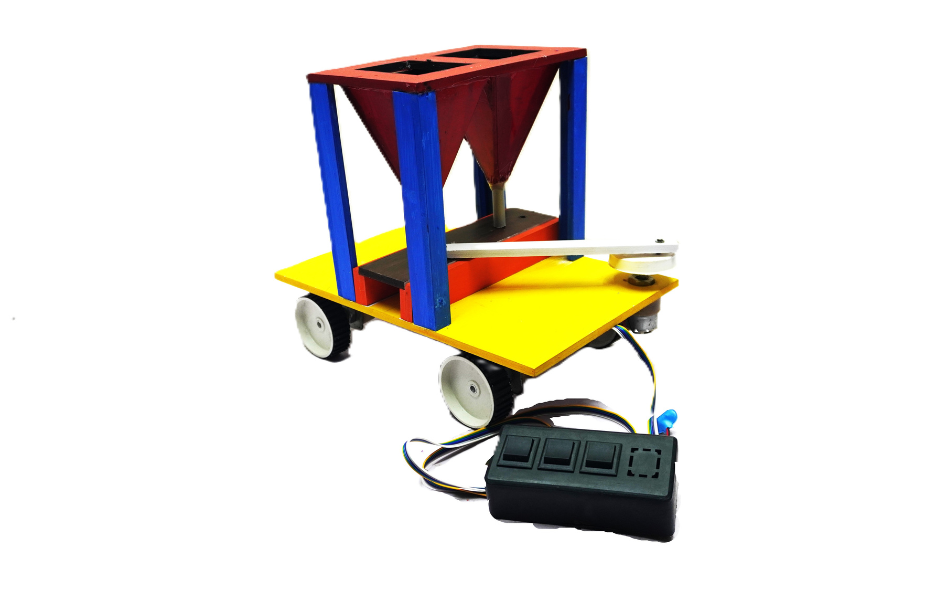

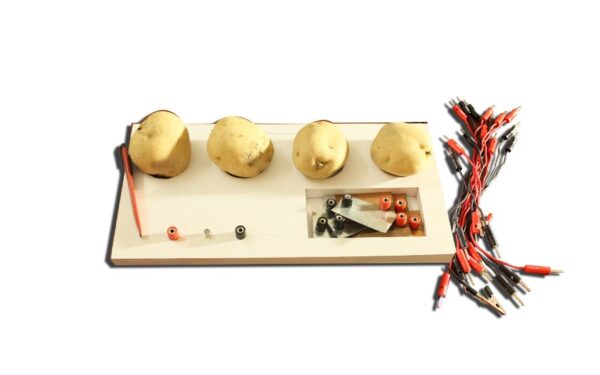
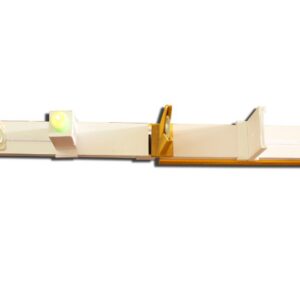
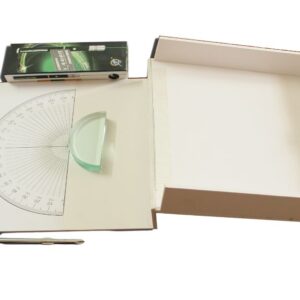
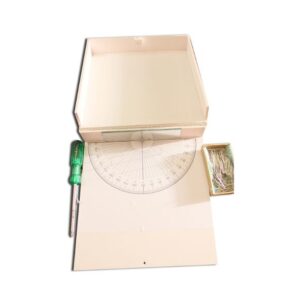
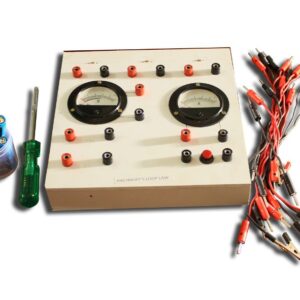
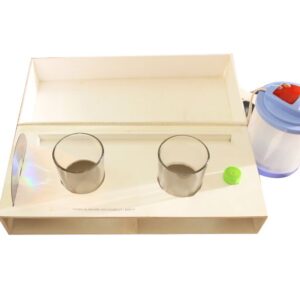
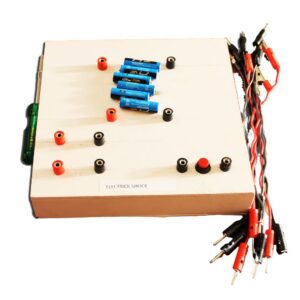
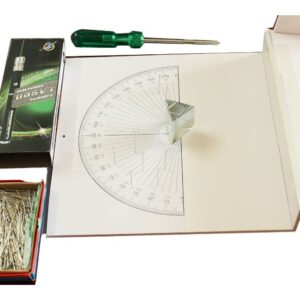
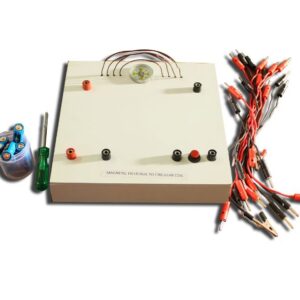
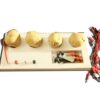
Reviews
There are no reviews yet